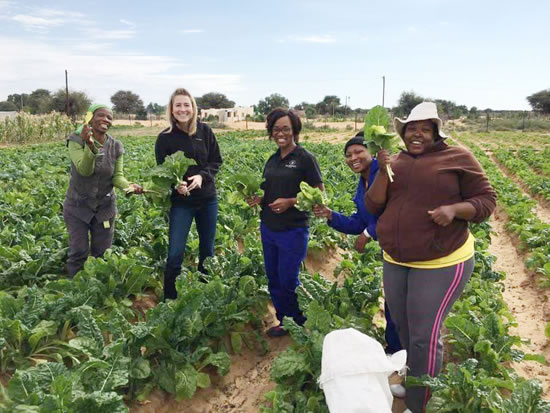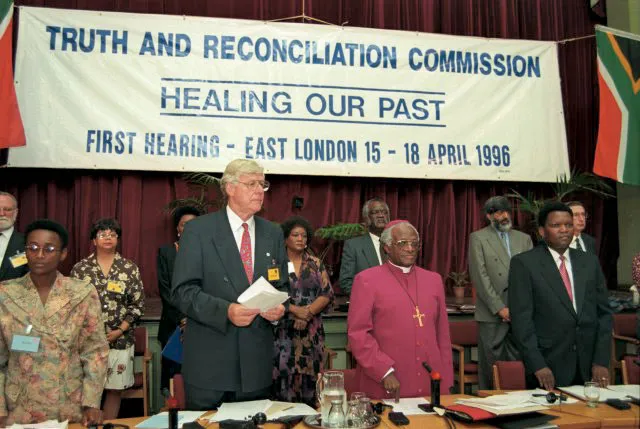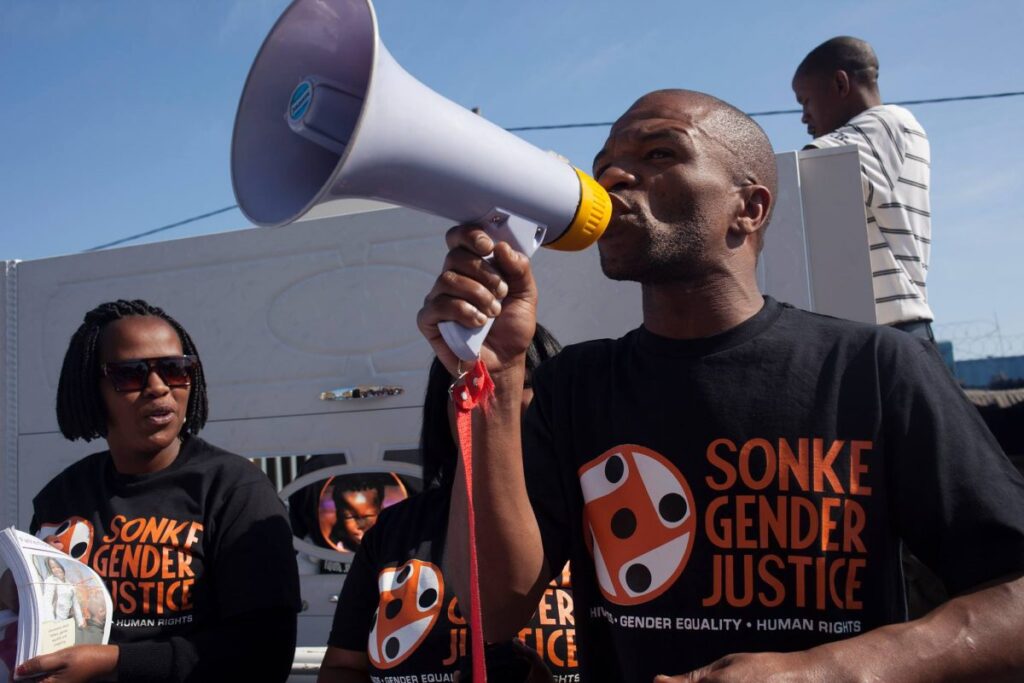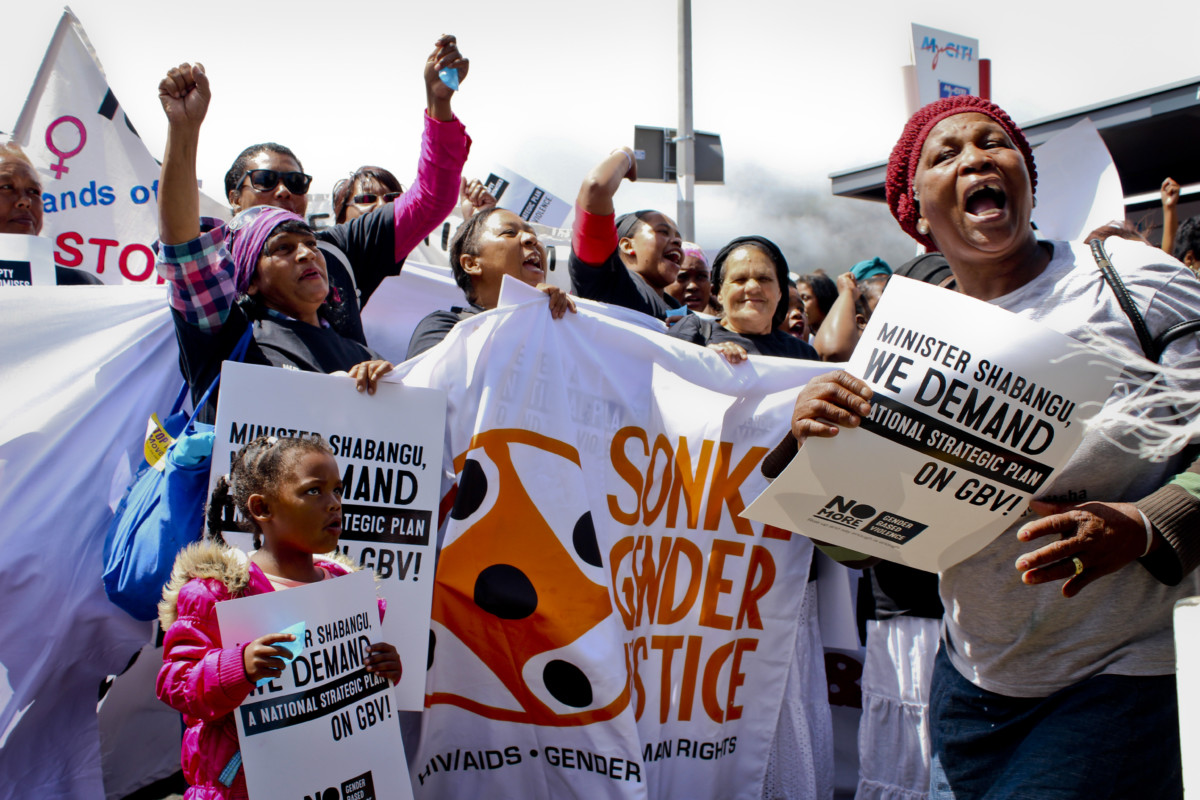How Ubuntu Could Help to Fight Social Challenges -South Africa
Ubuntu, a Nguni Bantu term meaning “humanity towards others,” embodies a communal approach to solving social challenges.
This content is tailored for Life Orientation students following the CAPS curriculum in South Africa. It serves as an ideal resource for school projects, assignments, and tests, providing in-depth insights into how the concept of Ubuntu addresses various social challenges in our country.
Ubuntu, a core value in South African culture, embodies the principle of “humanity towards others.” It emphasizes community, mutual care, and shared responsibility. This approach is crucial in tackling many of the social issues we face today. By exploring real-life examples of Ubuntu in action, students can gain a deeper understanding of its practical applications and transformative impact on society. Let’s dive into seven ways Ubuntu fights social challenges in South Africa, illustrating each with actual projects making a difference in our communities.
Let’s explore seven ways Ubuntu fights these challenges.
1. Promoting Social Cohesion
Ubuntu fosters a sense of community and belonging. In a society where divisions can run deep, Ubuntu encourages people to see their interconnectedness. This principle is especially powerful in South Africa, where historical divisions by race, ethnicity, and socioeconomic status still have lingering effects. For instance, community-building initiatives in Soweto and Khayelitsha have seen success by promoting activities that bring diverse groups together, from communal gardens to local sports events. These initiatives help break down barriers and build trust among different community members.
Vukuzenzele Community Project

The Vukuzenzele Community Project in Soweto focuses on bringing people together through communal activities such as urban gardening and local sports events. By creating shared spaces for interaction and collaboration, Vukuzenzele helps to bridge racial and socioeconomic divides, fostering a sense of unity and belonging among residents.
2. Enhancing Conflict Resolution
Ubuntu emphasizes reconciliation and restorative justice. Instead of focusing on punishment, this approach looks at healing and restoring relationships. The Truth and Reconciliation Commission (TRC), chaired by Archbishop Desmond Tutu in the mid-1990s, is a prime example of Ubuntu in action. The TRC provided a platform for victims and perpetrators of apartheid-era violence to share their stories, seek forgiveness, and work towards reconciliation. This model has been instrumental in fostering peace and understanding, even inspiring similar processes in countries like Rwanda and Canada.
Enhancing Conflict Resolution: The Truth and Reconciliation Commission (TRC)

The Truth and Reconciliation Commission, established in 1995 and chaired by Archbishop Desmond Tutu, provided a platform for victims and perpetrators of apartheid-era violence to share their stories, seek forgiveness, and work towards healing. This process emphasized reconciliation and restorative justice, helping to mend the fractured social fabric of post-apartheid South Africa.
3. Strengthening Family and Community Support Systems
Ubuntu highlights the importance of family and community support. In many South African communities, extended families and close-knit neighborhoods form a crucial safety net. For example, during the COVID-19 pandemic, informal community support systems played a vital role in distributing food and resources. In Alexandra township, residents pooled resources to create community kitchens, ensuring that the most vulnerable did not go hungry. These grassroots efforts underscore the power of Ubuntu in mobilizing collective action.
Strengthening Family and Community Support Systems: Ikhaya Lethemba Shelter
Located in Johannesburg, the Ikhaya Lethemba Shelter provides a safe haven for victims of domestic violence. It offers not only immediate shelter but also counseling, legal assistance, and skills training. This comprehensive support system, rooted in the principles of Ubuntu, ensures that individuals are cared for holistically, helping them rebuild their lives.
4. Empowering Education and Youth Development
Ubuntu encourages the upliftment of future generations through education. Programs like the Kago Ya Bana initiative in Limpopo provide after-school care and educational support, ensuring that children from disadvantaged backgrounds receive the help they need. This program not only aids academic success but also instills a sense of responsibility and communal care in the youth. By investing in education and youth development, Ubuntu helps break the cycle of poverty and fosters a brighter future.
Empowering Education and Youth Development: Kago Ya Bana Initiative
The Kago Ya Bana initiative in Limpopo provides after-school care and educational support to children from disadvantaged backgrounds. By offering homework help, mentorship, and nutritious meals, Kago Ya Bana helps students achieve academic success and develop a sense of communal responsibility, embodying the Ubuntu principle of uplifting future generations.
5. Addressing Gender Inequality
Ubuntu advocates for equality and mutual respect, which extends to gender relations. In South Africa, where gender-based violence is a significant issue, community-led initiatives inspired by Ubuntu principles are making a difference. Organizations like Sonke Gender Justice work towards gender equality by engaging men and boys in the fight against gender-based violence. Their community workshops and advocacy campaigns promote respectful and equitable relationships, challenging harmful gender norms.
Addressing Gender Inequality: Sonke Gender Justice

Sonke Gender Justice is an organization based in Cape Town that works towards gender equality and the prevention of gender-based violence. Through community workshops and advocacy campaigns, Sonke engages men and boys in promoting respectful and equitable relationships. Their work is a testament to how Ubuntu can challenge harmful gender norms and foster mutual respect.
6. Supporting Economic Empowerment
Ubuntu promotes shared prosperity and economic solidarity. Community-based cooperatives and social enterprises are practical applications of this principle. For example, the Siyazama Project in KwaZulu-Natal empowers rural women through craft and beadwork, providing them with a source of income and economic independence. By fostering a spirit of collective entrepreneurship, Ubuntu helps uplift entire communities and reduces economic disparities.
7. Encouraging Environmental Stewardship
Ubuntu includes a respect for nature and sustainable living. Environmental initiatives rooted in Ubuntu principles aim to protect natural resources while benefiting the community. The Umzimvubu Catchment Partnership, a community-led conservation project in the Eastern Cape, works to restore and preserve river ecosystems. This project not only protects biodiversity but also improves water quality and agricultural productivity, demonstrating how Ubuntu-inspired stewardship can address both environmental and social challenges.
Supporting Economic Empowerment: Siyazama Project
The Siyazama Project in KwaZulu-Natal empowers rural women by providing them with training in craft and beadwork. This initiative not only offers a source of income and economic independence but also promotes a spirit of collective entrepreneurship. By supporting these women, the project helps uplift entire communities, reducing economic disparities and fostering shared prosperity.
What Does This Mean for the Future?
Ubuntu’s holistic approach offers a sustainable path to social change. By addressing social challenges through community cohesion, conflict resolution, support systems, education, gender equality, economic empowerment, and environmental stewardship, Ubuntu lays the foundation for a more inclusive and resilient society. As South Africa continues to navigate its complex social landscape, the principles of Ubuntu provide a guiding light, emphasizing that the well-being of one is intrinsically linked to the well-being of all.
Solutions for Sustained Impact
To ensure the lasting impact of Ubuntu in fighting social challenges, continuous investment in community-driven initiatives is essential. Government policies and funding should support grassroots organizations and projects that embody Ubuntu principles. Additionally, incorporating Ubuntu into educational curricula can instill these values in future generations, fostering a culture of empathy, cooperation, and mutual respect.
By embracing Ubuntu, South Africa can continue to make strides towards a more just and equitable society, where every individual is valued and supported. Imagine a nation where every community thrives because they uplift each other—that’s the power of Ubuntu in action!
Looking for something specific?
No related posts found.

